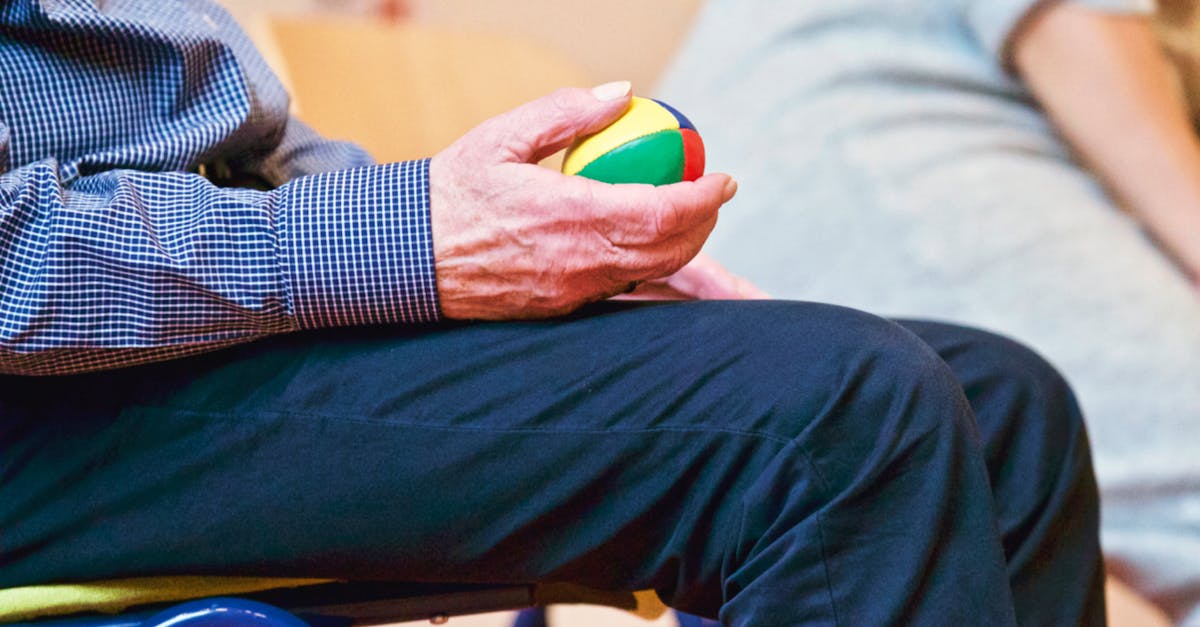
LongTerm Effects of Family Therapy
Long-term effects of family therapy have been a topic of interest within the field of psychology. Research suggests that the benefits of family therapy extend beyond the duration of the therapy sessions. Family members often report continued positive changes in their relationships and communication skills even after the therapy has ended. These long-term effects indicate the lasting impact that family therapy can have on individuals and their family dynamics.
Furthermore, studies have shown that families who engage in therapy are more likely to maintain these positive changes post-therapy compared to families who do not seek therapeutic interventions. This highlights the significance of ongoing support and guidance provided by family therapy in maintaining the progress achieved during the therapy sessions. The lasting effects of family therapy showcase its effectiveness in addressing underlying issues and fostering healthier relationships within the family unit.
Maintenance of Positive Changes PostTherapy
Maintenance of positive changes post-therapy in family therapy settings is a crucial aspect to consider when examining the overall success rate of interventions. Research studies have shown that families who actively engage in the therapeutic process and work together to implement the strategies learned during sessions are more likely to sustain positive outcomes over time. This highlights the importance of ongoing communication, problem-solving skills, and conflict resolution techniques that are often addressed and practiced during family therapy sessions.
Moreover, the involvement of family members in the post-therapy phase can significantly impact the longevity of positive changes. When family members continue to apply the skills and insights gained during therapy in their daily interactions, the likelihood of relapse or regression decreases. This consistent application of therapeutic techniques outside of the therapy room can lead to more enduring and meaningful transformation within the family dynamic. Family therapy not only aims to address current issues but also equips families with the tools needed to navigate future challenges effectively.
Comparison of Family Therapy to Individual Therapy
When looking at the comparison between Family Therapy and Individual Therapy, it becomes clear that both approaches have their own strengths and weaknesses. Family Therapy involves working with the entire family unit to address issues and improve relationships collectively. By involving all family members, this therapeutic approach aims to foster better communication, understanding, and support within the family dynamic. On the other hand, Individual Therapy focuses on the specific needs and challenges of one person, allowing for a more concentrated exploration of personal issues without the distraction of family dynamics.
In Family Therapy, the emphasis is on addressing the interconnectedness of family members and how their dynamics contribute to individual and collective challenges. This approach can provide insight into patterns of behaviour, communication styles, and relationship dynamics that may be contributing to the issues at hand. However, Individual Therapy allows for a more personalised and in-depth exploration of an individual's thoughts, emotions, and experiences, which can be beneficial for addressing personal growth, healing from past traumas, and developing coping strategies.
Pros and Cons of Each Approach
Family therapy offers a unique opportunity for individuals to address underlying issues within the context of their family dynamic. By involving all relevant family members in the therapeutic process, it allows for a comprehensive exploration of the intricate interplay between family members and their roles in maintaining or resolving conflicts. This holistic approach can lead to greater understanding, empathy, and communication within the family unit, promoting lasting positive changes and fostering stronger, healthier relationships among family members.
However, one potential drawback of family therapy is the level of commitment required from all family members to actively participate in the process. Unlike individual therapy where the focus is solely on the client, family therapy relies on the willingness of all family members to engage in introspection, communication, and behavioural changes. If certain family members are resistant or unwilling to participate fully, it can hinder the progress of therapy and limit the effectiveness of interventions. Additionally, the complexity of family dynamics can sometimes result in challenges in identifying and addressing underlying issues, leading to slower progress and potentially requiring more sessions to achieve desired outcomes.
Cultural Considerations in Family Therapy
Understanding cultural considerations in Family Therapy is paramount in achieving successful outcomes. The diverse backgrounds and beliefs of families can significantly impact the therapeutic process and overall effectiveness of the treatment. Therapists need to be sensitive to cultural norms, traditions, and values to create a safe and inclusive environment for all family members involved in the therapy.
Cultural considerations in Family Therapy involve acknowledging and respecting the unique dynamics that different cultural groups bring to the therapy room. By embracing diversity, therapists can tailor their approach to suit the specific needs and preferences of each family, ultimately enhancing the therapeutic alliance and fostering positive changes. Additionally, cultural competence in Family Therapy can lead to increased engagement and satisfaction among clients, paving the way for successful treatment outcomes.
How Cultural Backgrounds Affect Therapy Outcomes
Cultural backgrounds play a significant role in shaping therapy outcomes within the realm of family therapy. These backgrounds encompass a range of influences, including traditions, beliefs, values, communication styles, and attitudes towards seeking help. Therapists must recognise and appreciate the diversity of cultural backgrounds among families seeking therapy to ensure interventions are culturally sensitive and effective.
The success of family therapy can be greatly influenced by how well therapists acknowledge and integrate cultural perspectives into the therapeutic process. Factors such as language barriers, differing views on mental health, and stigmas surrounding therapy may affect the willingness of family members to engage in treatment. By fostering an inclusive and respectful environment that honours the unique cultural identity of each family, therapists can enhance the overall efficacy of family therapy interventions.
FAQS
What factors contribute to the success rate of family therapy?
The success rate of family therapy can be influenced by various factors, including the nature of the issues being addressed, the willingness of family members to participate actively, the skills of the therapist, and the level of commitment to the therapy process.
How long does it typically take for family therapy to show results?
The timeline for seeing results from family therapy can vary depending on the specific dynamics of the family and the goals of the therapy. Some families may start seeing positive changes within a few sessions, while for others, it may take several months to achieve significant progress.
Are the effects of family therapy long-lasting?
Research suggests that the effects of family therapy can be long-lasting, especially when family members continue to apply the skills and insights gained during therapy in their daily interactions. However, ongoing challenges or changes in the family dynamic may require occasional booster sessions to maintain positive outcomes.
How does family therapy compare to individual therapy in terms of success rate?
Family therapy and individual therapy can both be effective approaches for addressing mental health issues, but the success rate may vary depending on the specific needs of the client. Family therapy is particularly beneficial for addressing relational dynamics and communication patterns within the family, while individual therapy may focus more on personal growth and self-awareness.
Can cultural background influence the success of family therapy?
Yes, cultural background can play a significant role in the success of family therapy. Understanding and respecting the cultural beliefs, values, and practices of each family member is essential for effective therapy outcomes. Therapists who are culturally competent and sensitive to diversity are more likely to facilitate positive changes in therapy sessions.
